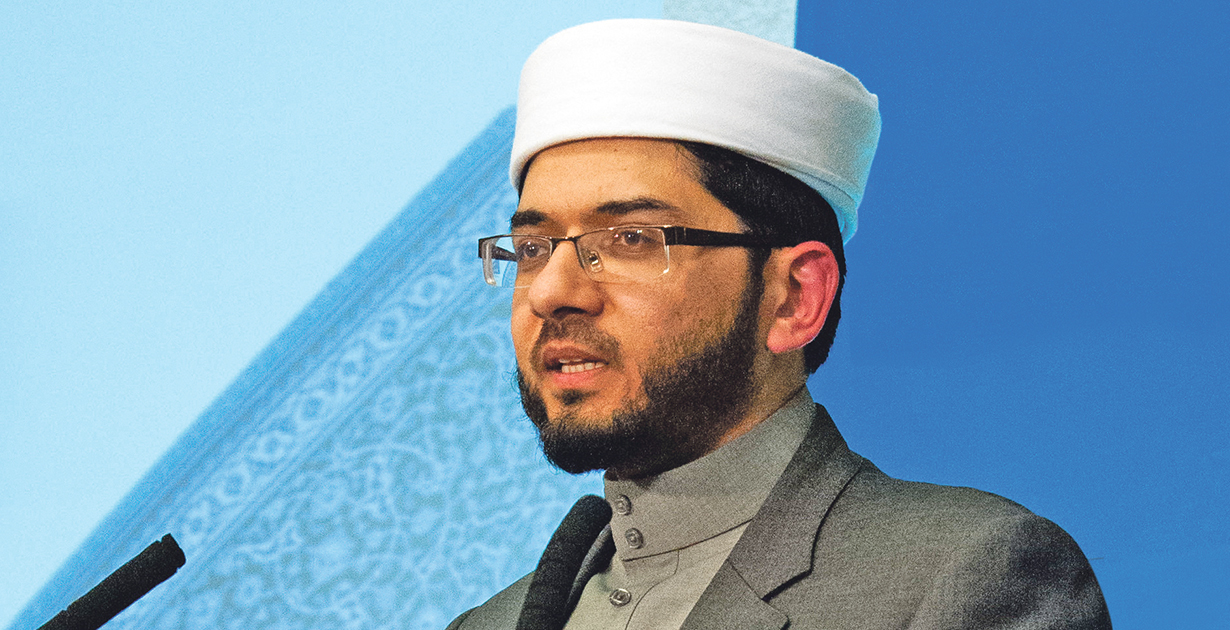Muslims with type 2 diabetes are being sought by researchers who want to find a safer way to fast during Ramadan.
Fasting is an important part of Islam and those who observe the holy month are required to refrain from eating between sunrise and sunset.
However, for those with diabetes there is a greater danger of dehydration and suffering from a condition called hypoglycaemia, which is caused when blood sugar levels drop too low.
Symptoms can vary, however severe hypos can sometimes lead to unconsciousness. People with diabetes are advised to avoid allowing their glucose levels to lower too much.
The research will be carried out at the NIHR Leicester-Loughborough Diet, Lifestyle and Physical Activity Biomedical Research Unit (BRU) and is largely being funded by the company Janssen Pharmaceuticals.
Professor Melanie Davies, who is the Director of the Leicester-Loughborough Diet BRU as well as a Professor of Diabetes Medicine at the University of Leicester, said: “During the summer season Ramadan can take place with the longest hours of daylight which has a greater impact and risk for people with diabetes who fast during this period. Although the Quran exempts “sick” people from the duty of fasting, many Muslims with diabetes do not consider themselves to be unwell and therefore participate.
“There is a lack of evidence available to help guide the management of people with diabetes who wish to observe Ramadan, but we want to change that, which is why we’re doing this study. In order to conduct our research, we want anyone over 18 who has established type 2 diabetes and is not on insulin to participate and help find answers for the future generations.”
One of the aims of this study is to determine the potential effects of fasting in people with diabetes on well-being and the management of this condition as well as lowering the risk of hypoglycaemia.
Participants will be asked to take an approved drug once a day before, during and after Ramadan. The research team want to prove the theory that the drug – which is already prescribed to some people with type 2 – provides better diabetes management whether someone is eating regularly or not.
They also want to look at how activity levels can affect the condition as there is very little research available which shows how exercise and fasting can affect diabetes.
During the trial some people will be asked to wear a device which will monitor their activity levels.
Charlotte Edwardson, who is a physical activity expert from the University of Leicester, said: “When it comes to exercise and fasting there are two school of thoughts. One of the theories is that praying during Ramadan can be quite physically demanding, which might have a significant impact on the person with type 2. However, if they’re not eating, there’s also the prospect that they’re lethargic so become less active.
“We want to use this study to find out more about how exercise or being active, when combined with a longer fasting period, can affect people with type 2 diabetes.”
As well as finances from Janssen Pharmaceuticals, the investigator initiated study, is also receiving financial support from the NIHR Leicester-Loughborough Diet, Lifestyle and Physical Activity Biomedical Research Unit (BRU), which is paying for the activity aspects of the trial.
The NIHR BRUs undertake translational clinical research in priority areas of high disease burden and clinical need.
The NIHR Leicester-Loughborough Diet, Lifestyle and Physical Activity BRU harnesses the power of experimental science to explore and develop ways to help prevent and treat chronic disease.
If you meet the criteria and would like to participate please contact Mo Radia on 0116 258 6439















